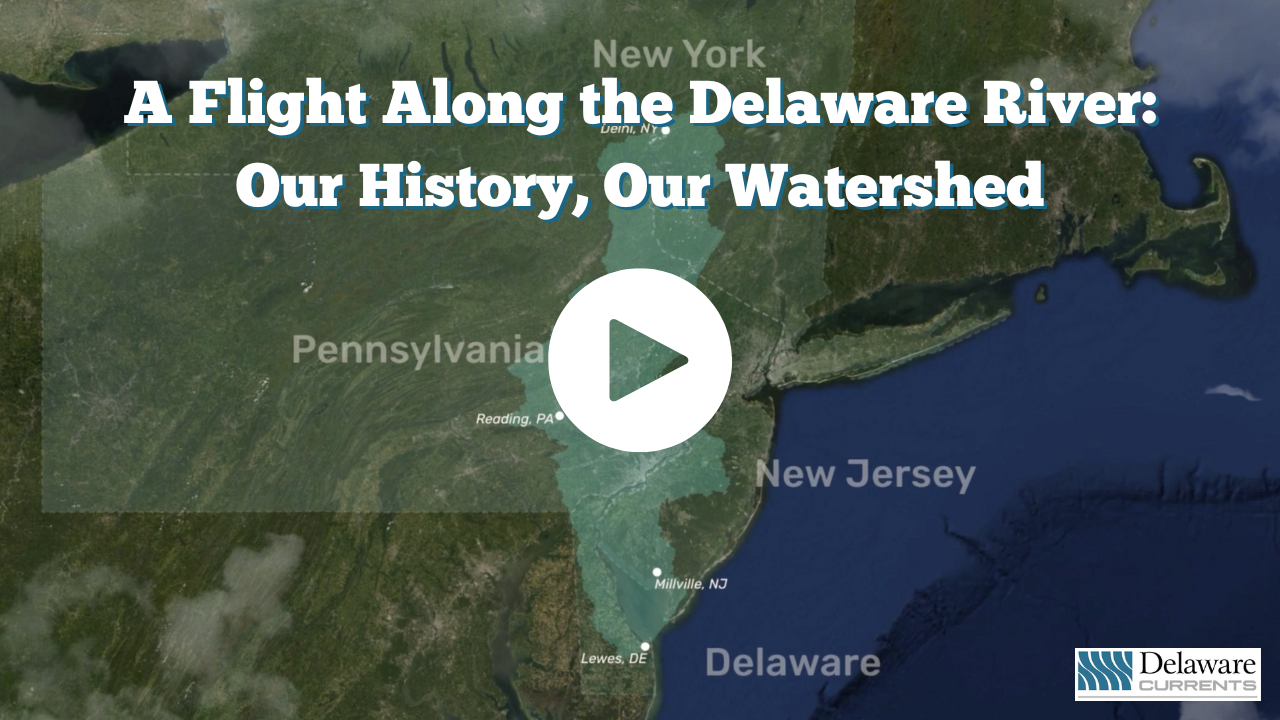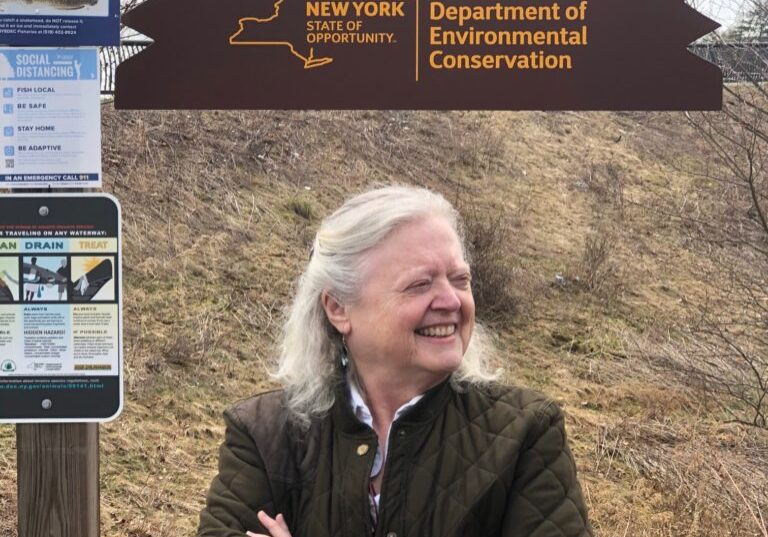
Environmental group publishes guidebook on Pennsylvania land-use laws
| May 20, 2024
Pennsylvania residents have a new tool to learn about local land use and development, a guidebook published by the nonprofit PennFuture, an environmental advocacy group whose mission is to build sustainable communities and a clean energy economy.
The construction of stadiums, shopping centers and other major development projects can have detrimental effects on communities and ecosystems.
The guidebook, Public Participation, Public Power: A Community Guide to Local Land Use Decision-Making in Pennsylvania, breaks down the legal processes that govern such developments and explains how citizens can become involved in decisions about land use in their communities.
Pennsylvania is no stranger to controversial land development projects.
Recently, a proliferation of warehouse development proposals in the Poconos and in the Lehigh Valley have prompted environmental groups and residents to speak out at public hearings, warning of the threats they pose to water quality, animal habitats and to residents’ quality of life.
“We realized there were a lot of other people, including PennFuture members and other folks who are very concerned about these developments,” said Brigitte Meyer, PennFuture’s staff attorney and the guidebook’s author. “They want to have a voice. They want to have an impact and help guide these developments occurring in their communities, but the process is kind of opaque and confusing.”
The guidebookwas published online in April, the product of six months of work on the part of PennFuture’s legal team.
PennFuture will have a limited number of hard copies available upon request.
Meyer said that writing the guidebook “was a long process of gathering information and then trying to put it in a form that was detailed and helpful but also accessible to people that aren’t lawyers.”
Last year, PennFuture published a manual geared toward municipal authorities focused on zoning for modern warehouses, which often function as active distribution centers rather than long-term storage.
Meyer says that the manual’s publication sparked public interest, and became the impetus for this new guidebook geared toward residents who want to learn more about land-use decisions and how they can influence them.
The 91-page guidebook is and broken down into eight sections.
Its introduction explores the ways land development affects the environment, and its subsequent chapters explain state and local land-use laws, the local government bodies involved in the process and public meetings and hearings.
According to Meyer, the most common misconception people have about land-use and development proposals is that decisions are determined by public opinion on a case-by-case basis rather than through existing ordinances, which are laws enacted at the local municipal level.
“It is really important for people to understand that all of the decision making they’re seeing at the local level is ultimately governed by their municipal ordinances,” Meyer said.
Section 2 of the guidebook provides readers with information about the process of amending the ordinances that govern land use decisions in their communities.
“The best time to impact how these things go isn’t really when the individual projects come in, it’s in making sure that the ordinances are good ahead of time,” Meyer said.
PennFuture is hosting a webinar at 6 p.m. on Wednesday to discuss the guidebook.
“We want to introduce the book to the public,” Meyer said. “To walk people through what it is and how to use it.”
The guidebook is geared toward Pennsylvania residents and focuses on Pennsylvania law but Meyer believes parts of the book may be beneficial to those in other states.
Section 5, which offers tips on participating in public hearings, provides more universally applicable advice on presenting evidence, cross-examining witnesses and providing oral testimony, which residents of any state may find useful.



![DC_Image [Image 4_Assunpink Meets Delaware] meets Delaware The Assunpink Creek on its its way to meet the Delaware River. The creek passes through woods, industrial and commercial areas and spots both sparkling and filled with litter.](https://delawarecurrents.org/wp-content/uploads/bb-plugin/cache/DC_Image-4_Assunpink-meets-Delaware-1024x768-landscape-14f069364113da5e8c145e04c9f2367c-.jpg)




It is always good when members of a community, home and landowners, those planning their lives for future investment,
understand the workings of local government. A guide book has been the missing factor for so many years. Instead of manuals
for the variety of officials and offices, something should have been created to interpret roles, regulations and the processes
involved in planning development. Now it finally happened. Happy to read this. Thank you.